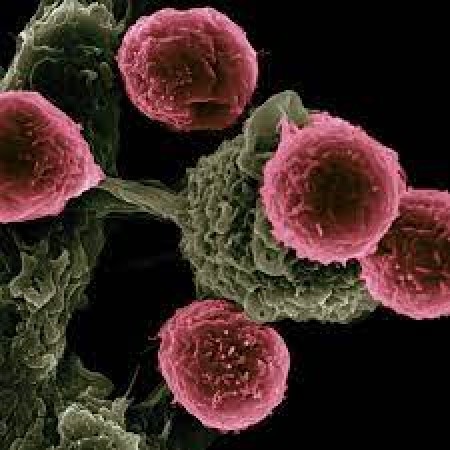
Researchers have identified a novel chemical approach that could lead to new cancer and other disease treatments. Proteolysis targeting chimaeras (PROTACs) were utilised as a 'bridge' to degrade proteins implicated in cancer by members of the Leicester Institute of Structural and Chemical Biology at the University of Leicester.
Changing parts of the PROTAC bridge allows scientists to control the efficacy of treatments.
The Leicester researchers used a previously disclosed protein degradation technology known as PROTACs to degrade histone deacetylation enzymes (HDACs) in a more targeted fashion than ever before, according to a new study published in the Journal of Medicinal Chemistry.
HDACs are involved in gene regulation, in which genes are turned on and off, and have been linked to a variety of diseases, including cancer and neurological disorders such as Alzheimer's disease.
Using this ground-breaking technology to target specific structures within malignant cells could improve the effectiveness and selectivity of new and existing medications, resulting in lower systemic exposure to drug therapies and fewer detrimental side effects. The European Patent Office has granted the group a patent for their groundbreaking technology.
Study finds a gene could prevent Parkinson's disease
Scientists US develop Nipah virus vaccination that can save lives in just 3 days
China approves fully bio-absorbable occluder for heart abnormalities